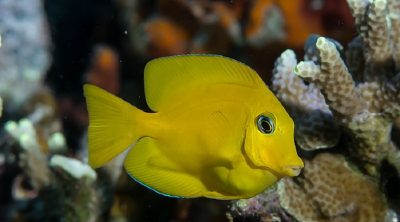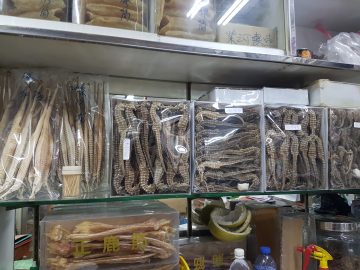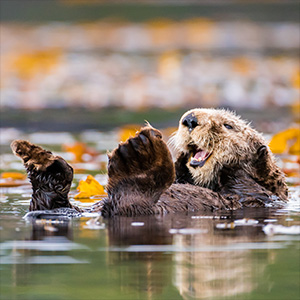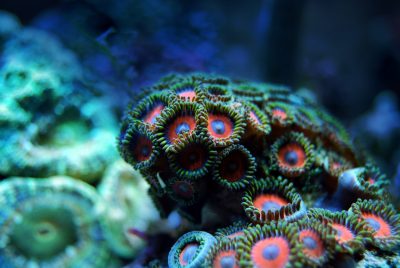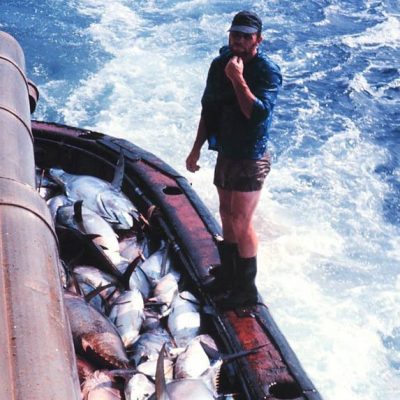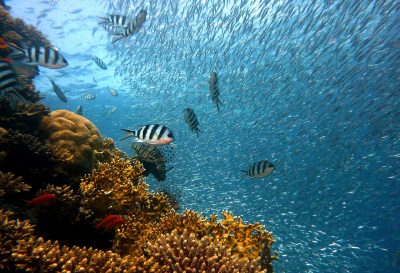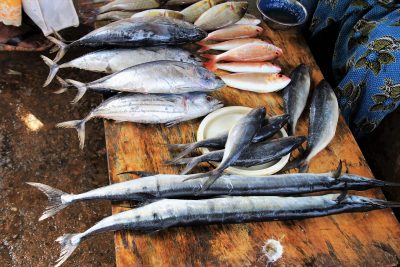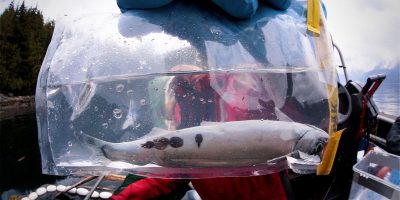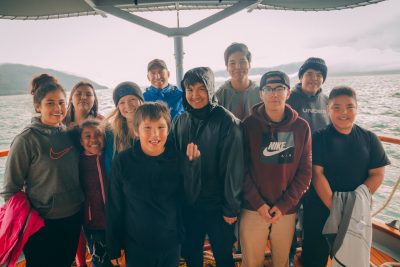Fish species show surprisingly narrow combination of traits
The world’s waterbodies are filled with predatory fish feeding on other animals from zooplankton to squid and other fish, while “vegetarian” or herbivore fish are rare. Researchers has analyzed the key traits – size, productivity and trophic level – of over 31,000 fish species recorded in FishBase.
New FCRR: Implementation of CITES Appendix II listing for seahorses in the context of export bans and suspensions
Despite measures taken by the Convention on International Trade in Endangered Species (CITES), most dried seahorse exports appear to have gone underground, and smuggling is now the norm. The report explores the many reasons driving this illegal trade and then identifies ways forward.
Hungry, hungry otters! Looking at captive sea otters to understand their wild counterparts
These furry marine mammals seem to have bottomless stomachs — what does that mean for the habitats and species around them?
In climate change talks and development goals, the tropical majority must be recognized and respected
We are in the UN Decade of Ocean Science and that means prioritizing diversity and inclusion in all decision-making processes
Climate change to drive increasing overlap between Pacific tuna fisheries and emerging deep-sea mining industry
Sourcing for car batteries and rare earth metals in the deep-sea — what does this mean for the tuna fish? IOF author takes a look into the possible consequences of mining into the deep, dark ocean.
Specific combinations of ocean protection, beneficial for ecology and socio-economic futures
MPAs must be carefully designed using ecosystem approaches that incorporate fully and partially protected areas without interfering with the right to fish for those whose livelihoods are dependent on access to marine areas and fish stock.
European fisheries under threat, climate change may impact on future catch
Without rapid adaptation or aggressive mitigation tactics, climate change is projected to induce profound negative consequences on future fisheries production in Europe.
Science belongs in global policy, UNEP must change eligibility requirements
Researchers are urging the United Nations to get rid of stringent entry requirements for government-funded scientists at independent institutions to allow for greater scientific input on climate change mitigation.
Are viruses keeping sea lice at bay in wild salmon?
More than 30 previously unknown RNA viruses in sea lice have been identified by UBC researchers. Sea lice are parasitic copepods (small crustaceans) found in many fresh and saltwater habitats and have been implicated in the decline of wild salmon populations.
National Indigenous Peoples Day
Happy National Indigenous Peoples Day!
